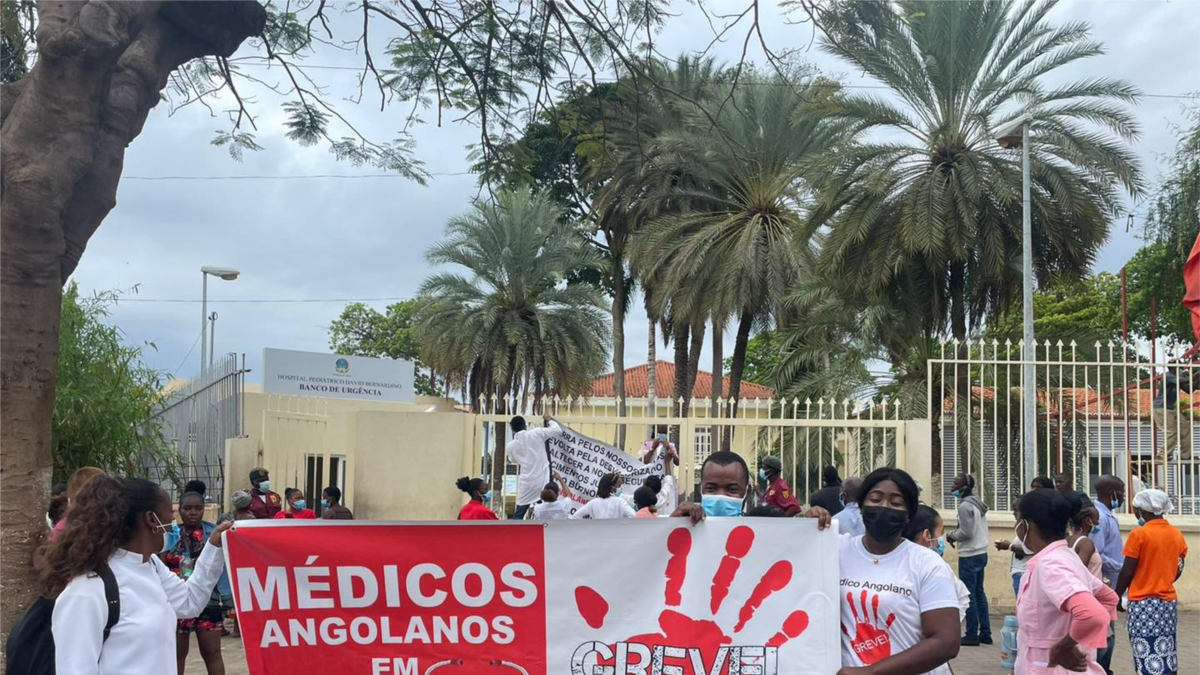The lack of political will is cited as one of the reasons for the wave of strikes, which is still a daily occurrence in Angola and mobilizes various segments of the population, which affects the lives of citizens.
Negotiations between the employer and the trade unions did not produce satisfactory results for the parties involved.
The government claims that there are not enough resources to meet the demands of the working class, but this argument does not convince most unions, who point to unnecessary expenses that have been incurred and should serve to meet their needs.
claims.
Since last August’s elections, the strike movement has intensified significantly, from the education sector to the health sector, including justice officials and technicians from the Attorney General’s Office.
The impact of these shutdowns on the national economy is still incalculable, and the diagnosis of direct damage to the lives of Angolans has never been made, as in the case of non-compliance with the school calendar, both in general education and in higher education. and health.
More strike announcements are expected in the coming days, as is the case with public school teachers who have vowed to stop classes and accuse the government of being inactive in response to demands made in 2019.
In this issue of Janela de Angola, SINPROF President Guilherme Silva, PGR Technicians General Secretary Elias Pinto and Political Analyst Agostinho Sikato address this wave of strikes and possible solutions.
To follow:















